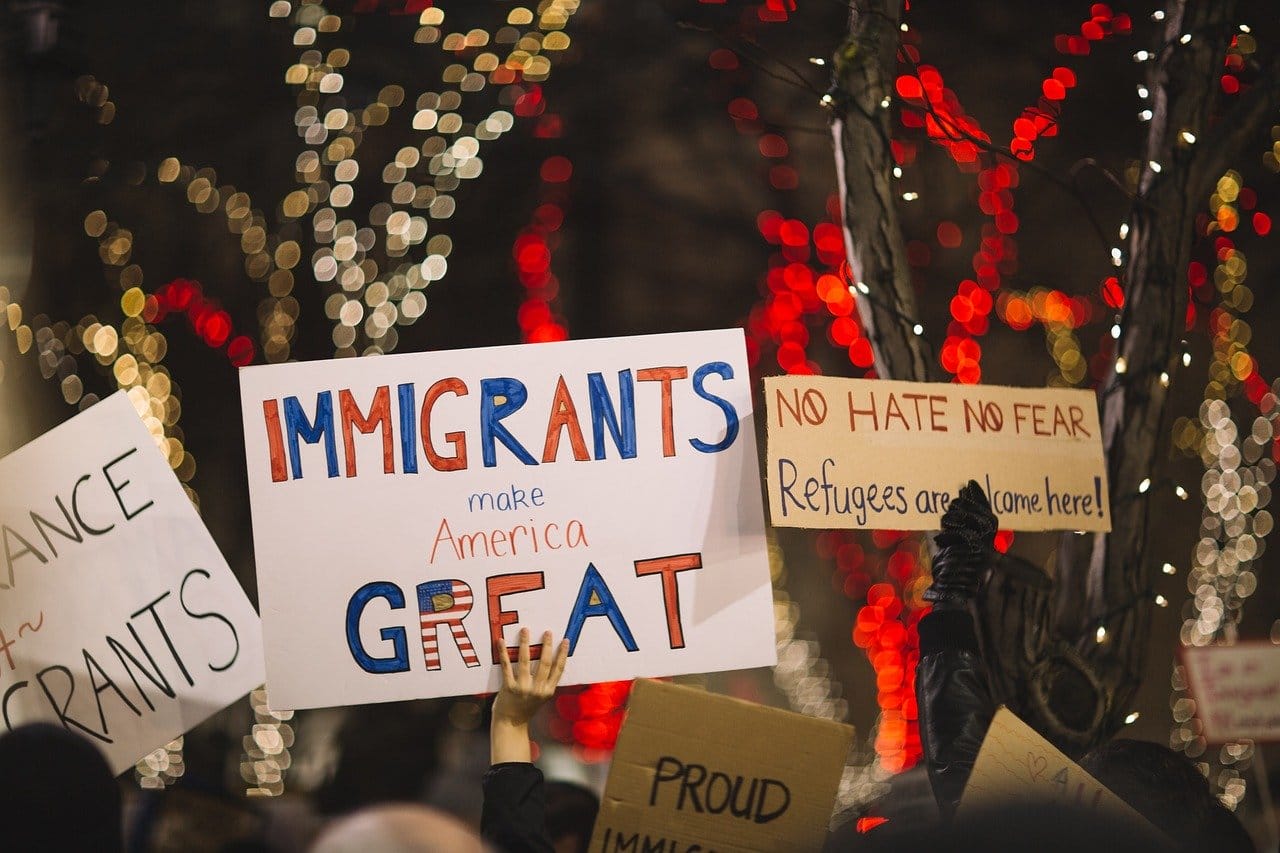By Jeffrey Steele | Forbes (Image by StockSnap )
The Immigrant Investor Program, known by its abbreviated moniker EB-5, has over its three-decade existence grown into a critical source of investment in U.S. development projects. It has generated more than $41 billion in capital investment, saving and creating more than 820,000 U.S. jobs.
This powerhouse of an economic development program is capable of immensely benefitting the nation’s economic recovery by injecting billions of non-Treasury dollars into the American health care, hospitality, education, real estate, retail and restaurant industries, as well as much needed infrastructure improvements.
But its future is in jeopardy.
Here’s how the program works: EB-5 allows foreign investors to gain permanent U.S. residence by investing a minimum of $900,000 into development projects in “targeted investment areas.” To qualify for one of 10,000 EB-5 visas available each fiscal year, immigrants can invest directly in a job-generating development, or invest through “Regional Centers” approved by U.S. Citizenship and Immigration Services (USCIS) to spur growth in specified areas.
Unless renewed by Congress, the EB-5 program is set to expire on June 30. The EB-5 Reform and Integrity bill, introduced by U.S. Senators Chuck Grassley (R-IA) and Patrick Leahy (D-VT) aims at, among other goals, program reauthorization.
“The renewal of the EB-5 program should be a no brainer, regardless of party politics. The EB-5 investor visa program provides a pathway to residency for foreign investors and their families, creates jobs in the United States, and incentivizes investment in targeted investment areas that might be overlooked by investments or development projects where the investor is not doing so to obtain an immigration benefit.’
“As a trade off for their investment, investors and their families are in most cases able to obtain lawful permanent residency and eventually U.S. citizenship, an offering not available for any other type of investment based visa in the United States. Here’s to hoping that commonsense prevails when it comes to reauthorizing the EB-5 program, as any other result would have a dramatic negative impact on all interested parties.”Darius Amiri, Rose Law Group Immigration Law Dept. Chair





